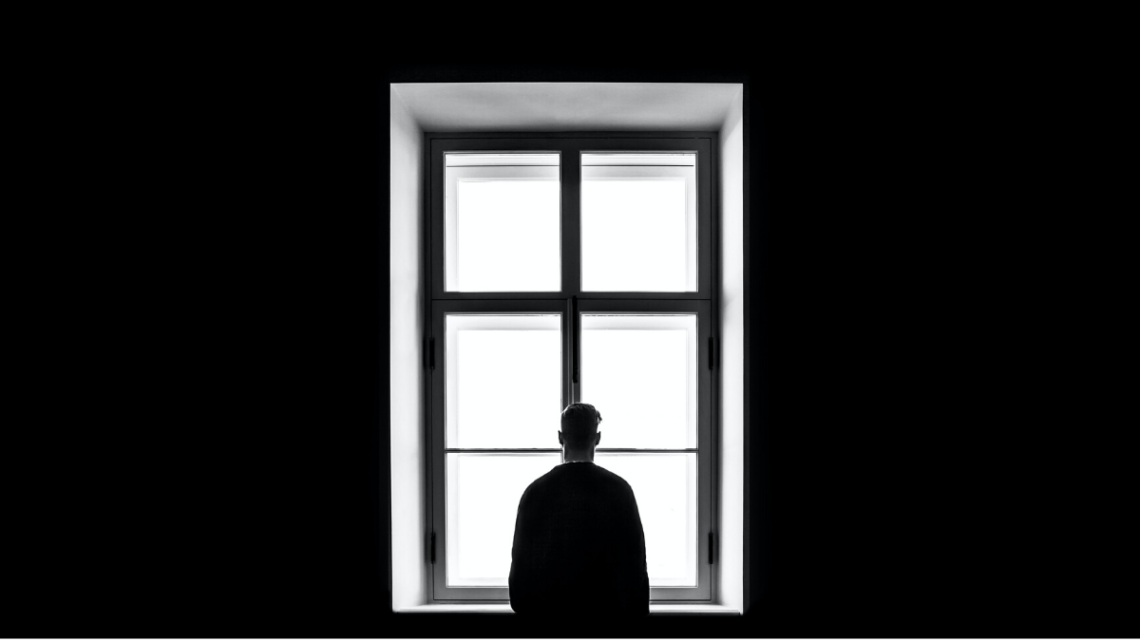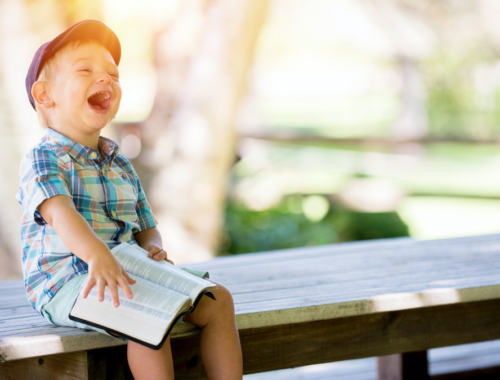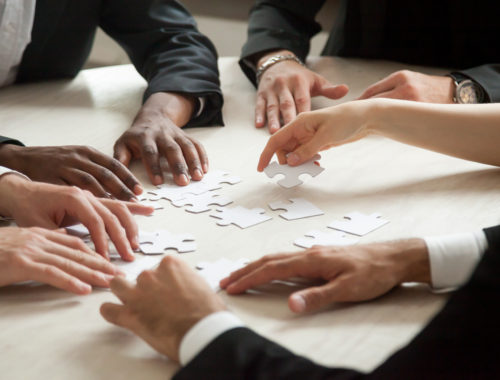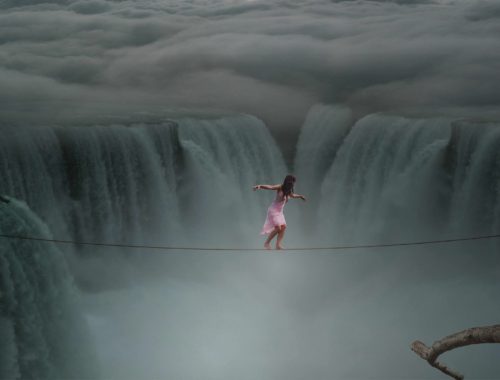
Here is my experience with the Covid-19 isolation as an extrovert
A person is a person through other persons; you can’t be human in isolation; you are human only in relationships.
Desmond Tutu
Never before I have felt so connected to people across the globe as during the COVID-19 pandemic. It is something that has affected almost every single country, although with a disproportionately negative impact on the vulnerable groups of the population. I can’t compare my struggles to those who have contracted the virus, lost their loved ones to it, or had to be on the front line to fight it. I am blessed to be healthy, to have supportive family and friends, and to have the means to sustain myself. But still, I struggle as a result of isolation. Unlike my introverted friends, who draw their energy from within, I draw mine from interacting with people. The current lockdown has left me starved for company and social connection. I feel like I am acting out of character since I spend most of my time by myself and with minimal human interaction.
During the pandemic, it is common for government and health officials to treat us as a homogeneous group and advise us to adhere to the same set of rules and precautionary measures. However, on an individual level, we should pay attention to our differences, and how our personality traits influence our experiences and well-being. For example, as an extrovert who thrives in social connections and big crowds, I have to restrain myself from going full-in on social interactions. Similarly, people with high levels of neuroticism, who are prone to be depressed, might experience increased mental health problems during the lockdown.
There are several things I have struggled with and continue to struggle with as an extrovert living through this pandemic.
Cases of infections and deaths
The daily reports on the number of infections and deaths across the world make me anxious and overwhelmed. Over 10 million people got infected and half a million lost their lives globally due to COVID-19. I feel pain and emotional distress, knowing that these are lives that didn’t have to be let go. Although in many countries the numbers are steadily decreasing, it is nowhere near zero.
Uncertainty about the future
The pandemic has also left millions of people jobless and abandoned due to isolation. It is not clear when we’ll develop a vaccine against the virus and if it will be effective at all. How many more peaks are there? And what would the world after the virus look like? Having no control over this situation makes me feel powerless and anxious. All I can do is keep my distance and limit my interactions with people so I am not the next carrier of the virus.
Lack of energy for a reboot
I get my energy from socializing with people. I miss hanging out with my friends. They are all dispersed across the globe, unable to travel back for the time being. I miss meeting my friends over drinks and nice food, talking about life, and sharing updates. In many instances, these were group therapy sessions, after which I felt comforted and encouraged. Good friends, who can listen without judgment, share unbiased opinions, and show unconditional love, can be life-changing.
Physical distancing
I know quite a few people who hate riding overcrowded public transportation. For me, a metro ride was an opportunity for social interaction. Before, people were likely to start a conversation, help to pick up something you dropped, or offer their seats. Now, people distance themselves from strangers to ensure their own and other people’s safety. And this is also true in other public environments. It will require some time to adjust to this new reality.
Eating alone
I’ve had countless meals alone, yet I don’t like eating by myself. For me, eating is a social activity. Maybe because I was born into a big family and there was always someone who would join me for a meal. At work, I liked having lunch with colleagues. It was a chance to get to know people I don’t usually work with. That’s where I would pick up ideas for my next hobby or destination for my next vacation.
Limited emotions
Now that I am primarily at home and my interaction with other living beings is at its minimum, I don’t experience many different emotions as I used to. Life before COVID was diverse and full of unexpected interactions with friends as well as strangers on my way to a bus stop, during the ride, at work, in the running field, or at the grocery shop. People were more willing to approach and interact, leading to positive or negative reactions on my side. These small interactions allowed me to feel happy, friendly, angry, or sad. I miss it.
Lack of freedom
Although there is a lot of freedom in terms of how I spend my time while working from home, it also comes with a lack of freedom. My life only happens within a strictly defined and narrow territory. I can’t visit my family and friends or travel to the places I want. The sole idea of not being able to leave the country whenever and wherever I want, makes me feel suffocated and restricted at times.
Mood swings
Since I lack my natural source of energy, which is socializing, I feel drained. My emotions change rapidly. I feel like something is missing or that I am not in my natural habitat. At first, it was hard to understand why I was feeling so low and unmotivated. However, through self-reflection, I realized that I am not recharging my batteries through communication and interaction, which I used to do for my whole life.
Useful coping mechanisms during the pandemic
Although many countries are opening up, there is a fear of a second wave, which might result in further restrictions. It is unclear when the virus will be fully eradicated and when we can go back to our social life without fear of infection. So, it is important to be aware of the effects of the pandemic and address them so we can learn to thrive even in the worst of times. Below are a few of the things I do to maintain my physical, mental, and emotional health.
Regular communication
Since the beginning of the lockdown, I made it a priority to maintain regular communication with family and friends. Since I could not see them in person, at least I could video call them. This helped me to satisfy my need for socializing. Now that restrictions are being lifted, I started seeing some of my friends in person. However, I try to be mindful of my behavior as the virus is still out there.
Spending time outside
I often go out for a walk in the neighborhood or nearby park. This allows me to get some fresh air and sun, which are crucial for my mental health. As research suggests, the sun stimulates the production of serotonin, a natural antidepressant in the brain. I love being outside and seeing, hearing, feeling, and smelling things, which I don’t while being confined in my apartment. These are the things I used to take for granted. Now I really cherish these moments.
Physical activity
Now that many of us spend more time indoors and move less often than before, it is crucial to stay physically active. Therefore, I developed a weekly workout routine where I try to exercise different muscle groups and combine diverse exercises such as cardio, strength training, and yoga. I make sure I move at least 30-60 minutes daily. I started with my favorite exercises and gradually increased the intensity and length of my workout.
Healthy eating
Since I have more time at hand, I take extra care in terms of what I eat. I experiment with different recipes and cook healthy and nutritious meals. I am also discovering healthier ways to bake some of my favorite desserts. And of course, I still indulge myself in my favorite snacks that are not necessarily good for me, but they do a great job of satisfying my cravings. I don’t believe in strict diets or cutting off certain food categories completely. Instead, I try to eat healthily and move most of the time.
Mental stimulation
I use my freed-up time to invest in myself, learn new skills, and use my brain in new ways. My favorite activities during this pandemic are reading books and taking online courses. Currently, I am finishing up Michelle Obama’s book titled ‘Becoming,’ which is a beautifully written memoir. Reading her stories of becoming who she is today, makes me experience a diverse set of emotions, all the way from laughter to tears of joy. Since my own life is not that action-packed at the moment, reading books helps me experience life through imagination and other people’s stories.
Doing what I love
Though I am not a good singer, I love singing. It has a magical and instantaneous effect on me. On days when the pandemic gets to me, I try to sing it away. I lock myself in my room, pull up the lyrics of my favorite song, put on the music, and sing my lungs out. It serves as a therapy session after which I leave the room energized, cheerful, and ready to conquer the day. The goal here is not to do something you are good at, but rather something you truly enjoy doing.
Self-reflection
Now that I am left alone with my thoughts and emotions, I try to observe and understand them. Before, in the busyness of the world, I tended to push them away or sweep them under the rag. Now I have no excuses to disregard them. It is eye-opening to notice how many and how different thoughts run through my head at any given moment. Some of these thoughts are positive and true, while others are negative and fictitious. By observing my feelings and thoughts and making sense of them, I learned to liberate myself from some of the emotional baggage that I was holding on to.
What is your experience during this pandemic? How have you been coping with the challenges of the lockdown and isolation? And did your personality trait make it easier or harder to cope with it?
You May Also Like

9 Ways to Start Doing the Things that You Really Want to Do
October 7, 2020
Achieve Your Goals Through a Mastermind Group
March 1, 2022

